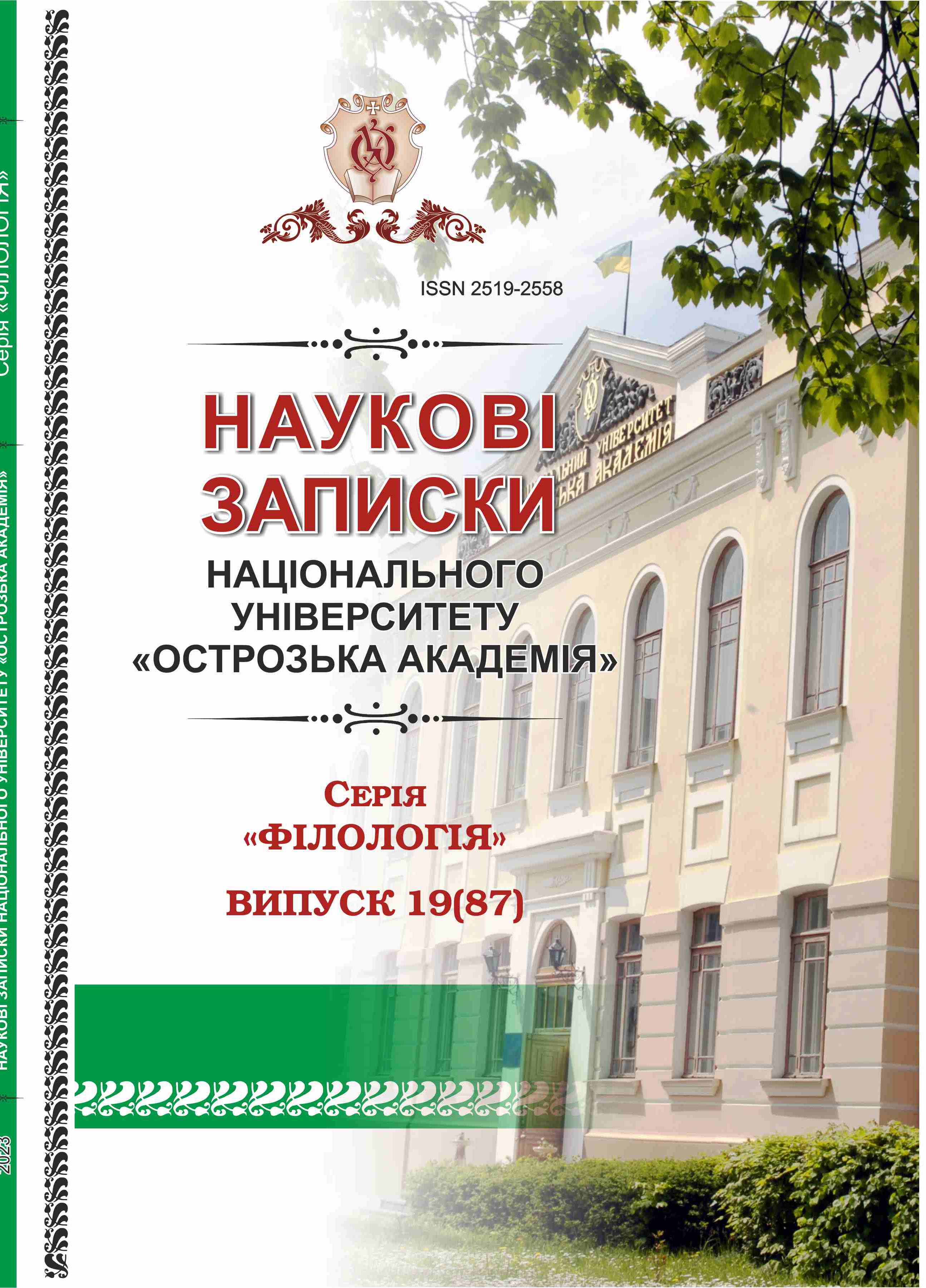PECULIARITIES OF TRANSLATION OF PHRASAL VERBS IN INTERNATIONAL LAW DOCUMENTS
Keywords:
translation, phrasal verbs, International law documents, official styleAbstract
The article deals with some peculiarities of translation of phrasal verbs in International law documents, that combine several functional styles, in particular official, scientific and technical styles. The texts of such documents are characterized by certain lexical and syntactic features, a significant amount of terminology of various fields and methods of functioning. They are distinguished by a concise, meaningful and accurate presentation of information, a neutral tone of speech, the absence of expressive means, emphatic constructions, etc. The key requirement for translation of such types of texts is to preserve linguistic, stylistic, pragmatic characteristics of the original text and observe adequacy within the legal context. In the article, the authors analyse some peculiarities of translation of English phrasal verbs that can be used in different functional styles, but acquire specific meanings in the texts of International law. The text of “Association Agreement between the European Union and the European Atomic Energy Community and their Member States, of the one part, and Ukraine, of the other part” was chosen as the source for the study. The undertaken analysis has shown a wide range of phrasal verbs, which are used in the main meaning. The phrasal verbs set out, set up, provide for form the largest number of lexical units, typical for the official style, and, consequently have the largest number of contextual Ukrainian equivalents. Phrasal verbs characterized by brevity, expressiveness, polysemy, perform an important lexical function in the context of International law documents. The linguistic and stylistic peculiarities of International law documents require a unified approach when translating.

